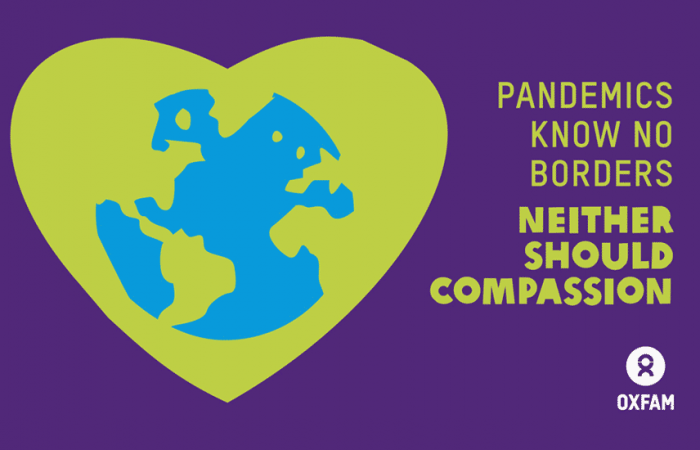
Pandemics know no borders. Neither should compassion.
In response to devastating impacts of COVID-19, together, we are working hard to support the most vulnerable communities.

In response to devastating impacts of COVID-19, together, we are working hard to support the most vulnerable communities.
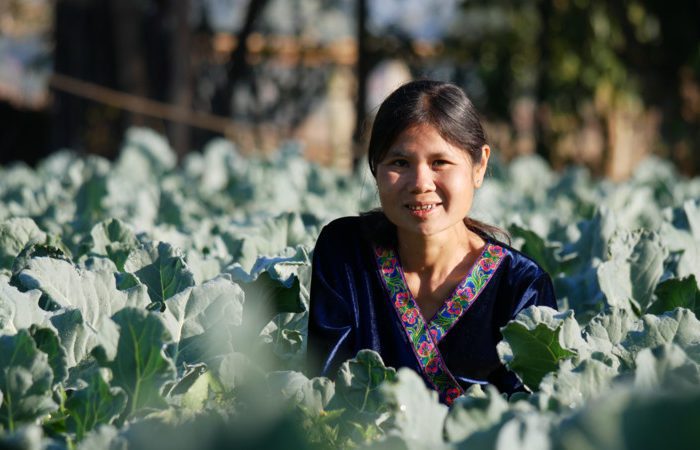
How one local woman is mobilising villages to show their love for the free-flowing river, and defying those who wish to exploit it.
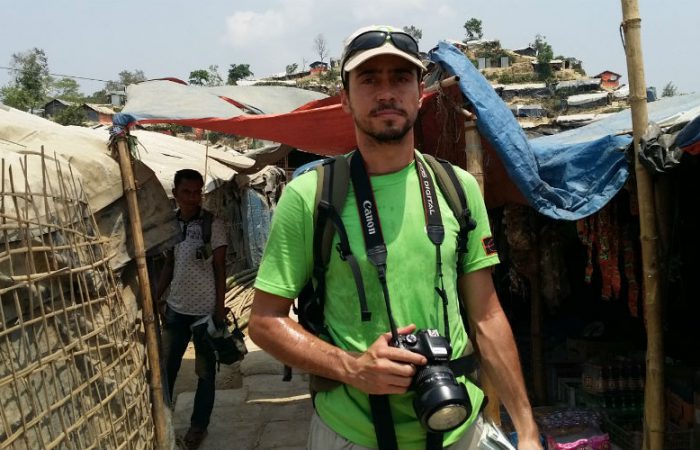
Oxfam Australia's Dylan Quinnell has just returned from three weeks in the Rohingya refugee camps in Bangladesh. There are now over a million people trapped in flimsy makeshift shelters, with a monsoon bearing down on them and nowhere to call home. Yet, hope remains strong among the Rohingya people.
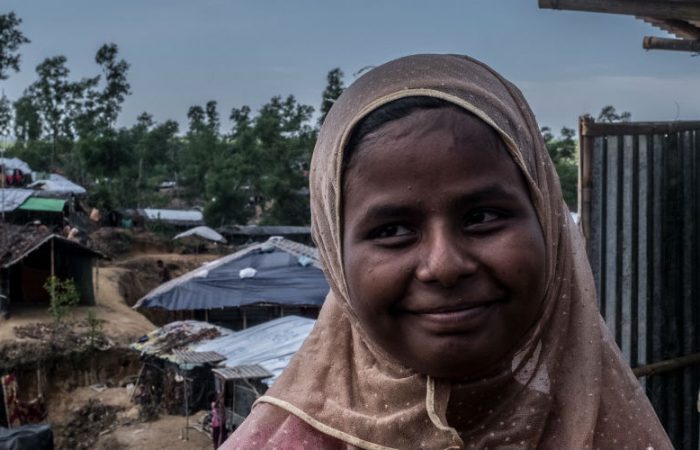
Australia needs a generous and stable aid program that leaves no one behind, bolsters the capacity and responsibility of countries to provide for all their people, and helps to build resilience in an increasingly risky world.
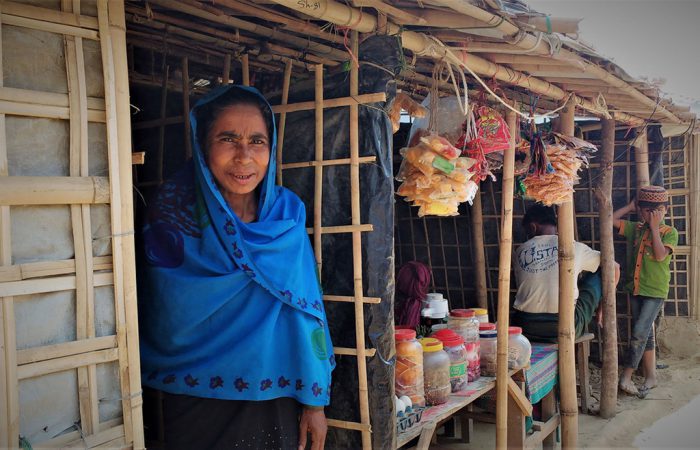
Rajiah was a health worker in her home country of Myanmar. Now, as a refugee in Bangladesh, she is making sure she puts her experience to good use and supports and provides information to the pregnant women in her community. Her name means "Hope” - a true reflection of her personality and life’s work.
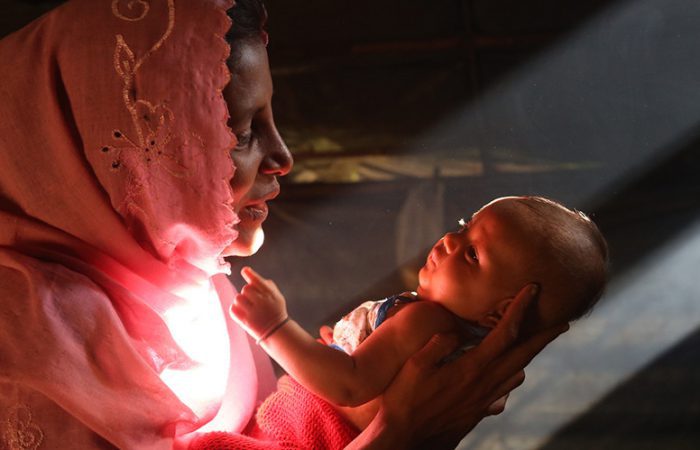
More than half of the 626,000 Rohingya refugees in Bangladesh are women and girls. There are 120,000 pregnant women and new mothers. Shompa*, Marjina* and Kahinoor* are three such women. These are their stories.
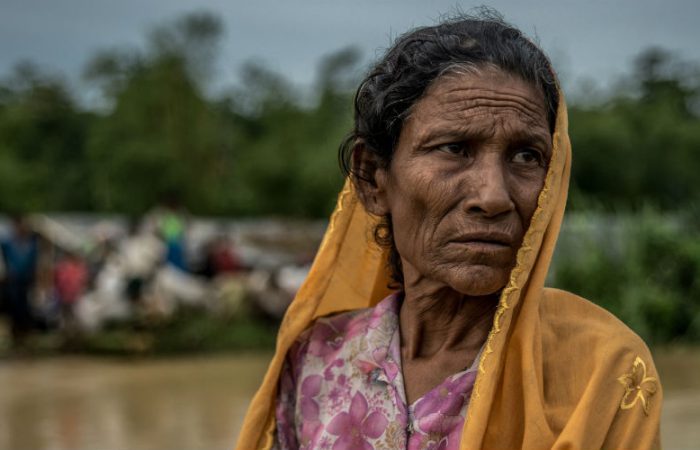
Oxfam International Executive Director, Winnie Byanyima, calls on the international community to plug the funding aid gap, and international leaders to act to prevent another eruption of the Rohingya crisis.
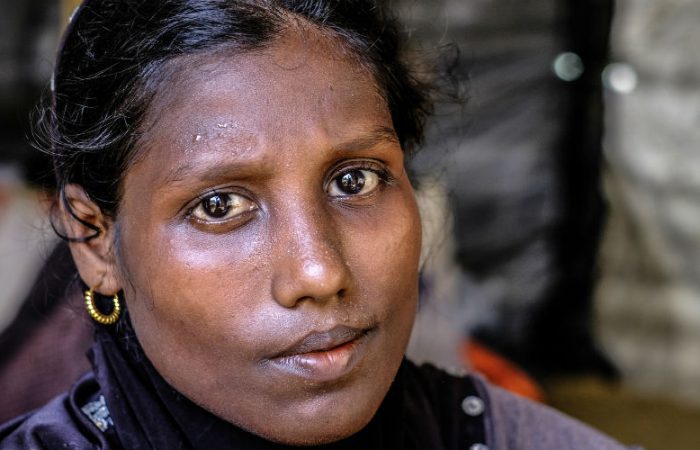
Since August 25, over 600,000 Rohingya refugees have crossed over into Bangladesh's southeastern districts. More than half are women. They have faced a treacherous journey across the border. Laila made the journey, five months pregnant and with her two children. This is her story.
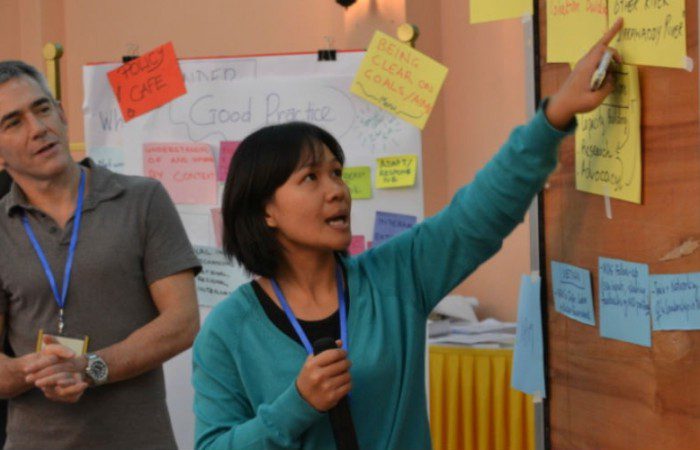
In southern Myanmar, a dam is being built which will flood an area the size of Singapore and impact more than 200,000 people. Nang Shining grew up in a community that’s threatened by the dam, and has become a powerful voice for the rights of people in her community.